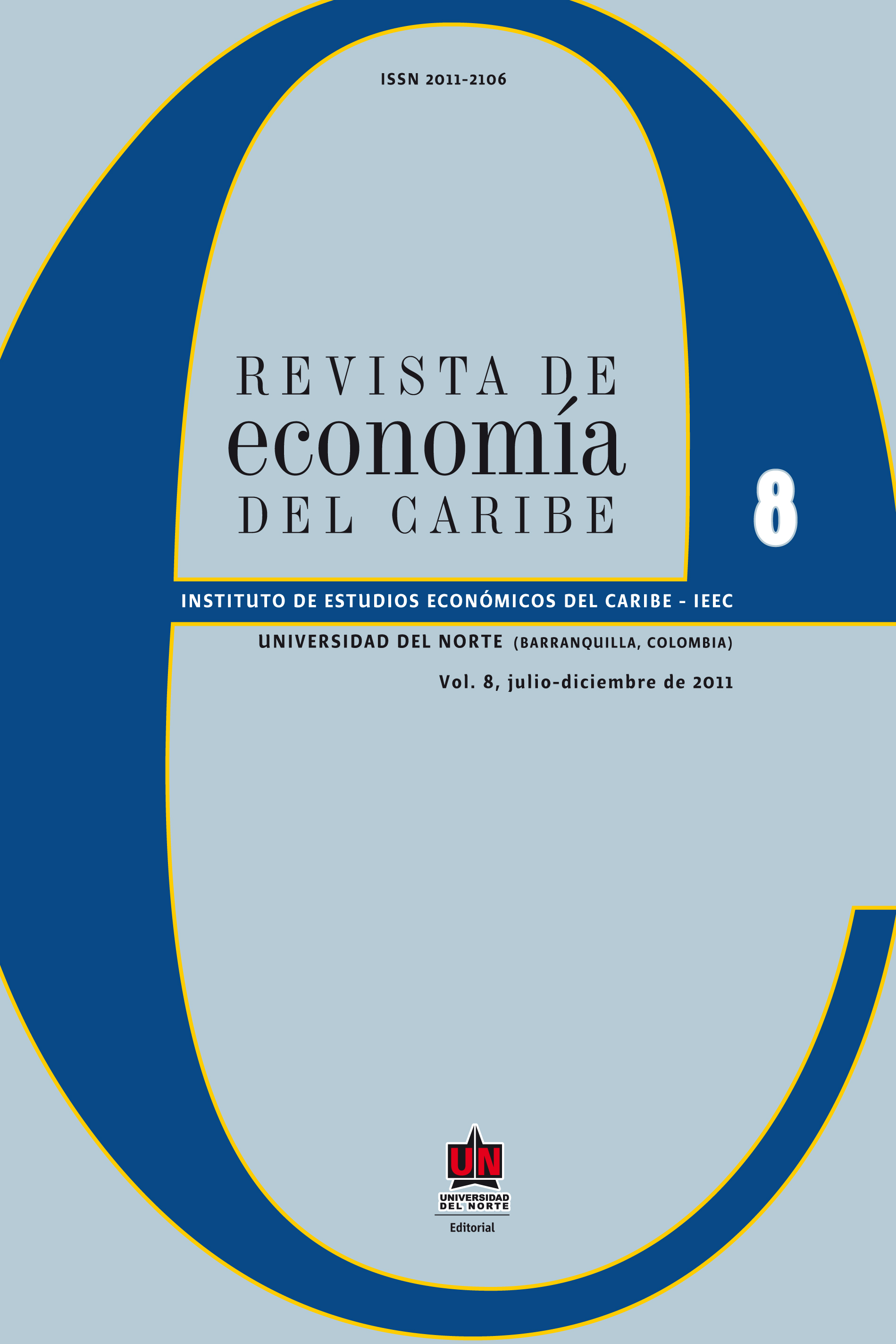Is there more corruption in countries less opened to international markets? Application of a predictive classification model based on neural networks.
Keywords:
Economic Integration, international trade, international finances, corruption, neuronal networks, Multilayer Perceptron (MLP)Abstract
The most common approaches in favor of liberalizing international trade and international finances suggest that opening policies will have a positive impact in reducing corruption. In despite of the complexity of studying about these relationships, most research in this field are limited to correlational studies or deterministic. In this paper we applied a predictive model of classification based on neural networks called Multilayer Perceptron (MLP) that meets a set of qualities desired statistics, with the purpose of estimate the characteristics or "symptoms" that presents a countries categorized as more or less corrupt.Of the variables used, the levels of human development (HDI) and levels of economic openness are the common characteristics shared by countries with similar levels of corruption, allowing classified correctly. We found evidence that show us if opening economic level of a country is lower, the chance of being classified at a higher level of corruption will be higher.
Downloads
Published
Issue
Section
License
I, ____________________________________________, author of the work and/ or article, adult, residing in the city of _________________, bearing the Identity Card/Passport n.° ______________________, issued in _______________________, in command of his/her/their physical and mental faculties, party hereinafter referred to as AUTHOR, signs the following authorization so the reproduction, publication, communication and distribution of the work can be done, under the following terms:
1. That, regardless of existing legal regulations due to the relationship of the parties to this contract, and any other existing legal presumption, the parties agree that the AUTHOR authorizes the Universidad del Norte, with the purpose of reproduce, publish, communicate and distribute the material called in the Revista de Economía del Caribe.
2. That such authorization apply to the copyright of the work, by any means, known or to be known, the public communication of the work, and the distribution of the work, directly or by third parties, purely educational purposes.
3. The AUTHOR undertakes to inform and declare the existence of this authorization and to preserve the right of the journal Revista de Economía del Caribe to the first publication of the work.
4. The AUTHOR states that the article is original and his/her/their exclusive creation, there being no impediment of any kind for the authorization he/she/they is/are giving, responding thereto by any action: claim, plagiarism or any other type of complaint that might arise about.
5. That such authorization is granted for free.
6. The moral rights of the author on the article correspond exclusively to the AUTHOR, in virtue of which, the Universidad del Norte agrees to expressly and rigorously recognize and respect them.





























